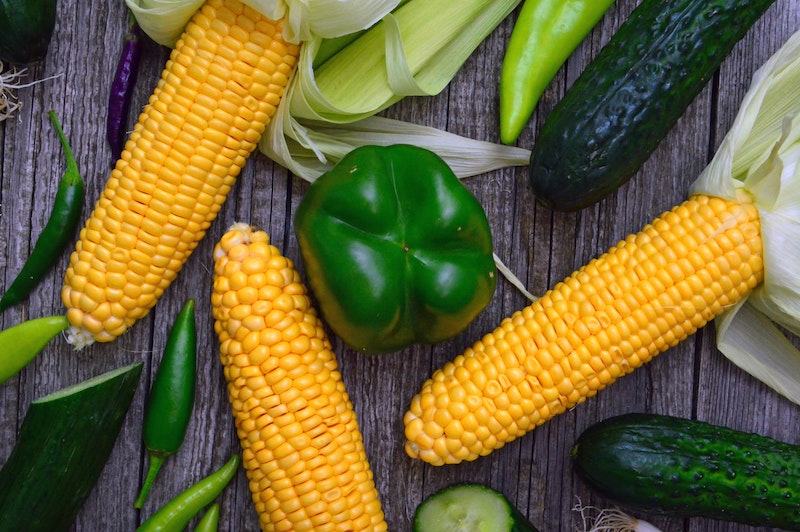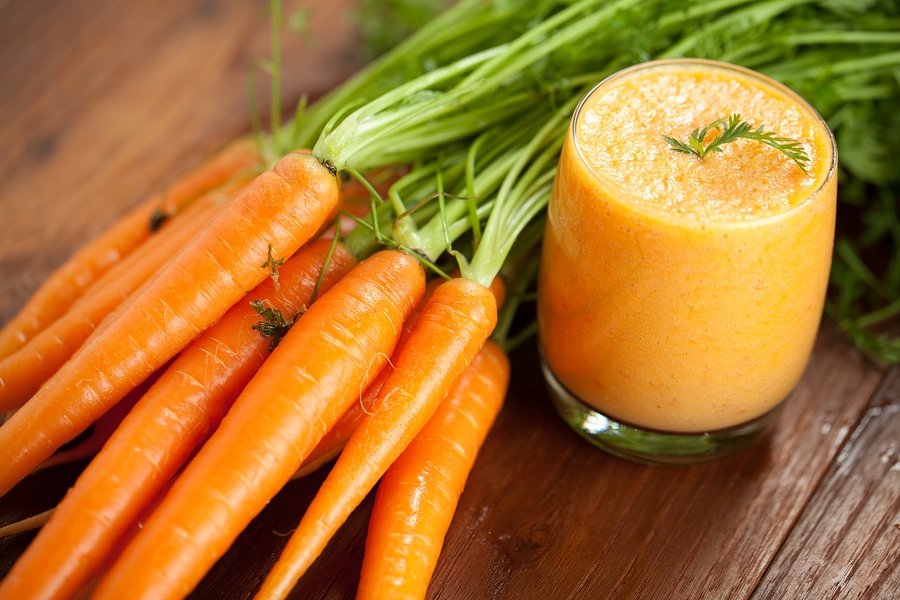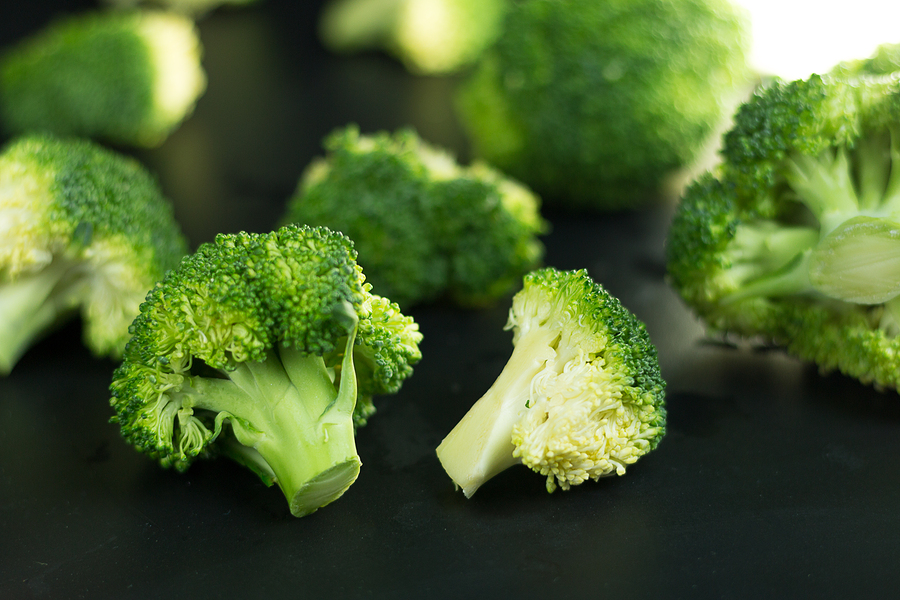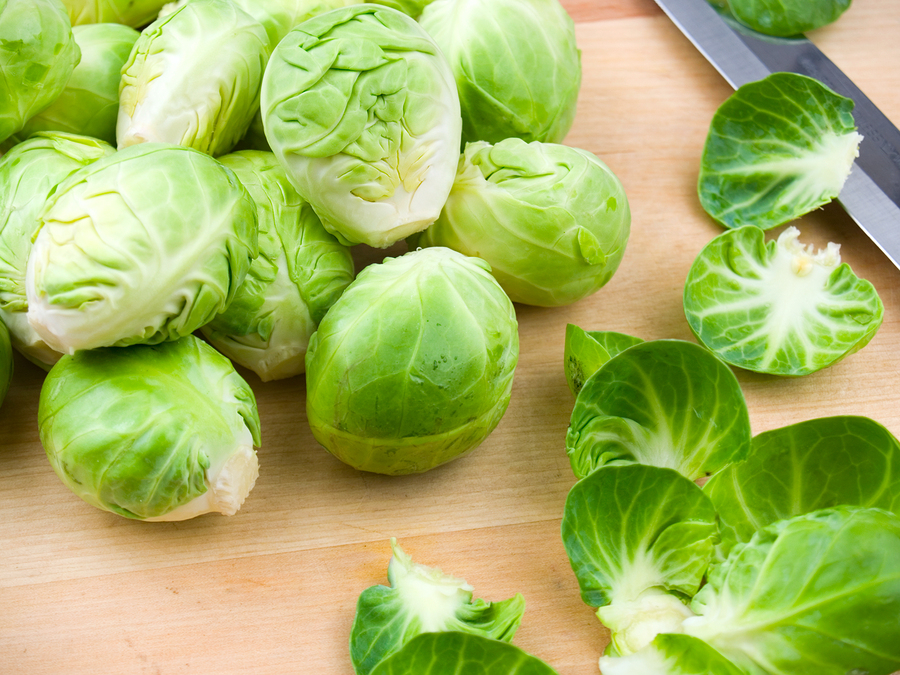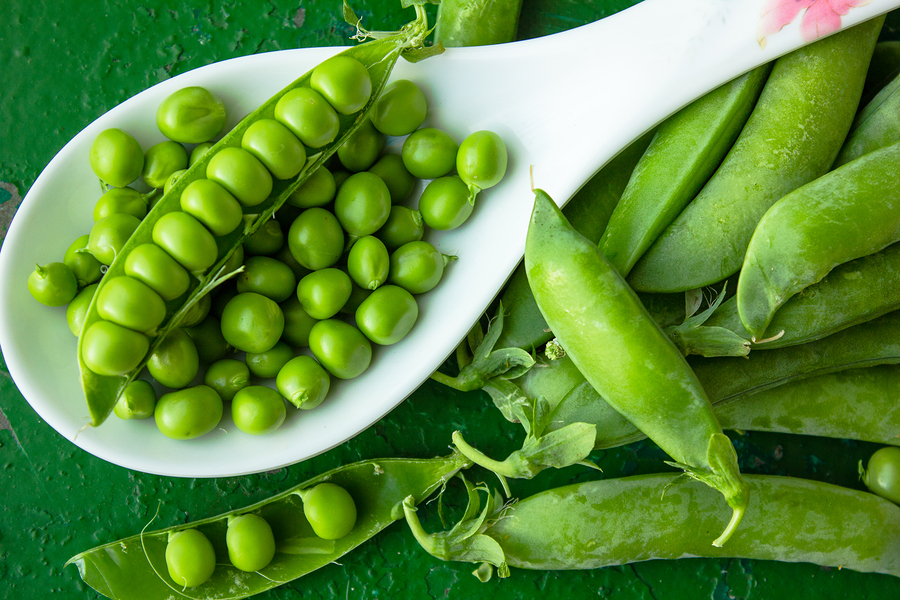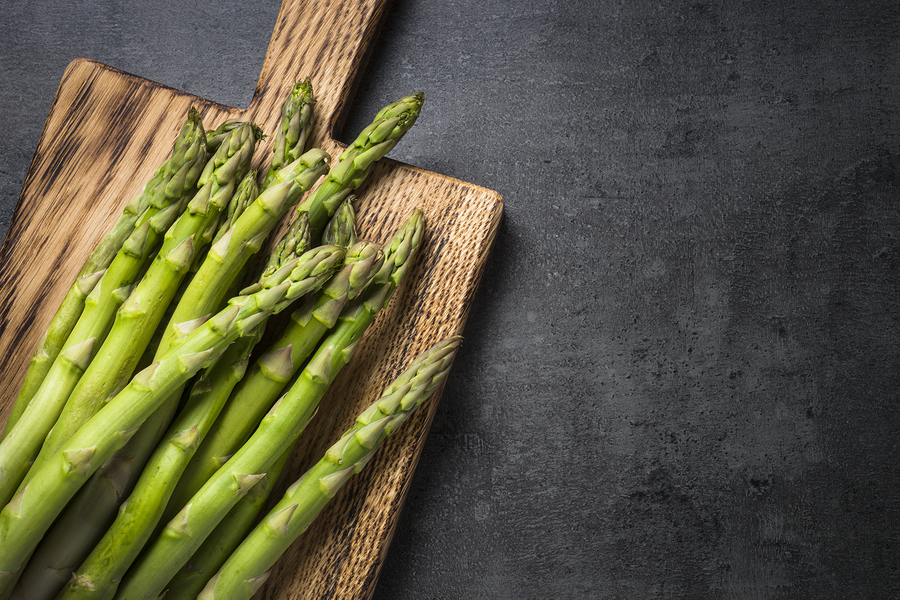If you are aiming to have a healthy diet then including an ample amount of fruits and vegetables is a plan that you can’t really go wrong with! These foods are high in nutrients, low in calories, and low in saturated fat – making them all-round winners for supporting good health.
If improving your healthy eating efforts is at the forefront of your mind right now, then making smart choices with the foods that you are eating is a great idea! In addition to the high nutrient content, vegetables are also generally a fantastic source of fiber.
Today we are going to take a look at some of the very best vegetables that you can include in order to enhance your diet and improve your health!
Carrots
You may not think of carrots as being the most exciting of all of the vegetables, but they are absolutely packed with nutrients and can do wonders for your diet.
The incredibly high vitamin A count is one of the best things about carrots. Just one cup of this vegetable provides more than 400% of your reccomended daily allowance of vitamin A. This vitamin is key for protecting your vision and also helps to boost the immune system.
Carrots are also a rich source of beta-carotene, which is an antioxidant that has been explored extensively in relation to its potential cancer preventing properties. Additionally, carrots contain ample amounts of vitamin C, vitamin K, and potassium.
Broccoli
Broccoli is an amazing source of vitamin C and vitamin K. Just one cup provides more than 100% of your daily vitamin C requirement, as well as more than 100% of your vitamin K requirement!
Vitamin C is an important component of a healthy diet as it helps to support optimum bone and tissue growth. Additionally, this is a powerful antioxidant that helps to combat free radical damage in the body. Vitamin K is also important, and plays a key role in how efficiently blood clots, which impacts how quickly wounds heal.
This cruciferous vegetables is also a good source of folate, manganese, and potassium.
Brussels Sprouts
Brussels sprouts are often thought of as a vegetable that are only to be consumed at Christmas time, but they are a great choice to include all year round.
Similarly to broccoli, Brussels sprouts belong to the cruciferous family and have many of the same health-boosting properties.
An antioxidant contained in these powerful sprouts, known as kaempferol, is believed to be effective in helping to prevent cell damage. When we consider that the oxidative damage that affects cells can lead to chronic illnesses, then it becomes clearer that the dietary choices we make can really impact our long-term health!
Vitamins A, C & K can all be enjoyed from Brussels sprouts, as well as a beneficial dose of folate, manganese, and potassium. Folate is fantastic for helping the body to form healthy red blood cells, whereas manganese has multiple important functions in the body. Potassium also has several important functions, not least of all contributing to healthy blood pressure levels.
Green Peas
Green peas may be small but they are seriously nutritious, packing in large amounts of fiber and protein, not to mention an array of vitamins and minerals.
Eating high fiber vegetables is essential for your digestive health because it increases levels of good bacteria in the gut, and helps to ensure that your digestive system works as it should.
Furthermore, green peas are a good source of saponins, which are a type of plant compound known to have cancer fighting properties. Saponins are also known to support the immune system and help to maintain healthy cholesterol levels.
Asparagus
This vegetable may not feature regularly in your diet – if at all! However, it is certainly worth including due to its excellent nutrient composition.
Everytime you include asparagus in your diet you will be serving yourself a good dose of vitamin K, selenium, thiamin, and riboflavin! As we already know, vitamin K is useful for helping wounds to heal.
Selenium is an essential mineral, meaning it has to be obtained through your diet, and it contributes to the function of both your thyroid and your metabolism. Thiamin is beneficial for energy production, and riboflavin is also required for optimum energy production, as well as just all-round good health.
Eating for Optimum Health
The dietary choices that you make can have a serious impact on both your physical and mental heatlh, and including an adequate amount of nutrient dense foods is an amazing choice.
If any of the vegetables on this list aren’t ones that you consume regularly then do try to give them a go – you may discover they soon rank among your favourite foods!
Related Posts
Cigarettes May Inhibit Inflammation Treatments
Axial spondyloarthritis, also known as AxSpa, is a chronic…





